Top Class Actions’s website and social media posts use affiliate links. If you make a purchase using such links, we may receive a commission, but it will not result in any additional charges to you. Please review our Affiliate Link Disclosure for more information.
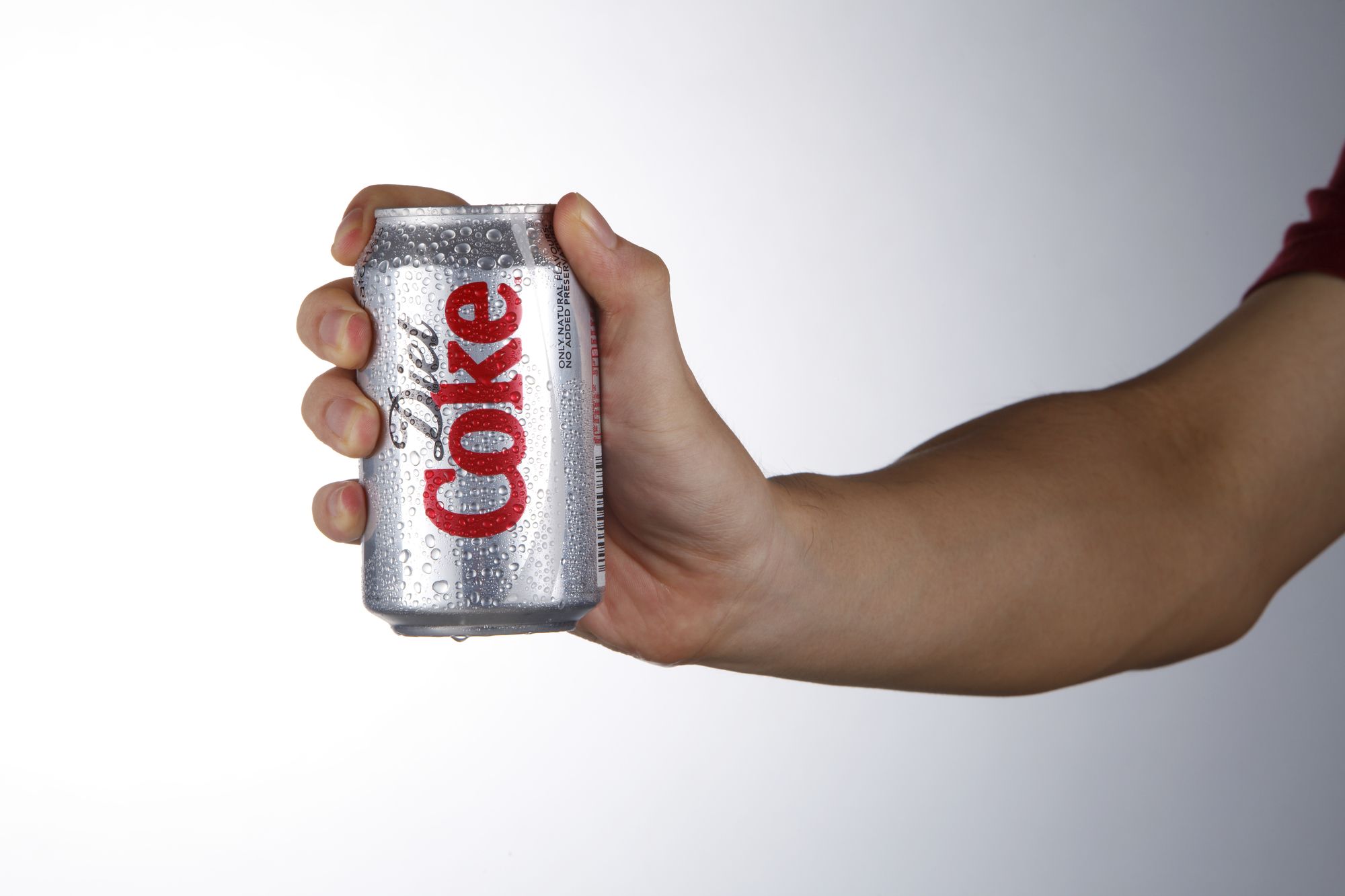
The company argues that claims against its use of the word “diet” in marketing its Diet Coke product are preempted by a federal law that allows companies to use the term diet to not only describe products that help consumers lose weight, but also to those that contain zero-calories.
In October 2017, plaintiffs Even Geffner and Ivan Babsin filed a class action lawsuit against Coca-Cola alleging that the company’s Diet Coke product actually causes consumers to gain weight. The consumers claim that the product’s non-calorie sweetener, aspartame, confuses the body’s metabolic response and causes the body to store calories in the form of fat as a result.
The consumers went on to cite studies showing the link between aspartame and weight gain, and that aspartame is associated with conditions like metabolic disease, diabetes, and cardiovascular disease.
The Diet Coke false advertising class action lawsuit claims that Coca-Cola intentionally misleads consumers by using the term “diet,” and that in the face of the United States’ allegedly rising obesity epidemic, plays to consumers’ preference for foods that aid in weight loss.
As a result, the consumers seek damages for themselves and similarly affected New York residents who believe they were misled by Coca-Cola’s advertising, and seek a court injunction to prevent Coca-Cola from marketing the Diet Coke product as “diet” and to require the company to launch a corrective advertising campaign.
This week, The Coca-Cola Company urged a New York federal court to dismiss the lawsuit. The company says that the consumers’ claims are invalid, stating that the Federal Food, Drug, and Cosmetic Act allows soft drinks developed before 1989 to continue to be marketed under the word “diet” if they contain zero calories, even if the drink does not technically precipitate weight loss.
In response to the consumers’ attempt to use a New York state law against misrepresentation to allege that the product’s advertising was misleading, the company claims that “where, as here, the FDCA provides a uniform definition for a term such as ‘diet,’ a private litigant may not speak to utilize state law to assert that the use of the term is ‘false or misleading.’”
Coca-Cola attempted to shut down the consumers’ allegations of misrepresentation by stating that “plaintiffs thus ask the court to disregard the definition of ‘diet’ embraced by both FDA and modern English dictionaries, and to find that the name ‘Diet Coke’ is false or misleading because it does not live up to their understanding of what a ‘diet’ beverage should be.”
Coca-Cola goes on to argue that the evidence the consumers provided to establish that diet coke causes weight gain was insufficient. Rather, the company claims that the consumers only successfully established a correlation between consumers who drink Diet Coke and those who are overweight.
Geffner and Babsin are represented by Derek T. Smith and Abraham Z. Melamed of Derek Smith Law Group PLLC, Jack Fitzgerald, Trevor M. Flynn and Melanie Persinger of The Law Office of Jack Fitzgerald PC, and Andrew Sacks and John Weston of Sacks Weston Diamond LLC.
The Diet Coke Class Action Lawsuit is Evan Gaffer, et al. v. The Coca-Cola Company, Case No. 1:17-cv-07952-LLS, in the U.S. District Court for the Southern District of New York.
ATTORNEY ADVERTISING
Top Class Actions is a Proud Member of the American Bar Association
LEGAL INFORMATION IS NOT LEGAL ADVICE
Top Class Actions Legal Statement
©2008 – 2024 Top Class Actions® LLC
Various Trademarks held by their respective owners
This website is not intended for viewing or usage by European Union citizens.




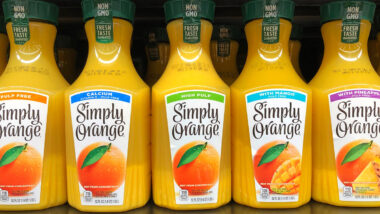
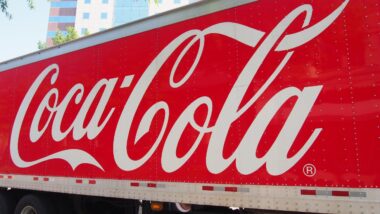





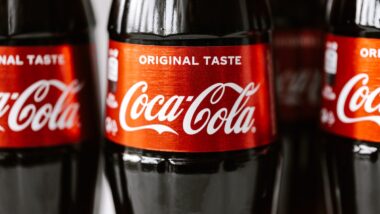
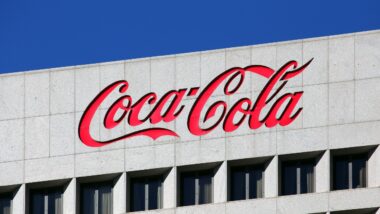

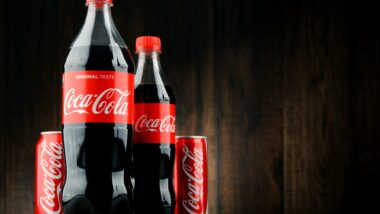
353 thoughts onCoca-Cola Seeks Dismissal of Diet Coke Class Action Lawsuit
Please add me to Diet Coke class action.
Please add me.
Add me please
Add me please ,, Thank you.
Please add me
Add me
add me thank you
First, let me apologize for my comment’s length, but I’m no big fan of the Corporate Hierarchy. Now
Aspartame is a damaging neurotoxin that can lead to a host of chronic health issues, including cancer.
The largest study of its kind ever conducted on aspartame was put together by researchers from the University of Iowa. They looked at 60,000 women who consumed aspartame-laden diet beverages over the course of 10 years and found that those who consume two or more diet drinks per day are 30 percent more likely to suffer some kind of cardiovascular events such as a heart attack or stroke. Among those who suffer such a fate, those who consume aspartame are 50 percent more likely to die from it compared to non-diet beverage drinkers.
Dr. Ankur Vyas, the lead investigator of the study, noted that this is one of the largest studies ever to look at aspartame and that the findings are “consistent with some previous data, especially those linking diet drinks to metabolic syndrome.”
“On average, women who consumed two or more diet drinks a day were younger, more likely to be smokers, and had a higher prevalence of diabetes, high blood pressure, and higher body mass index,” the paper explained.
Aspartame, artificial sweeteners are addictive, ergo, my 43-year-old daughter continues to drink this poison. She’s gotta head on her shoulders. I explained it once, and she understood and for me to repeat it? Well, let’s just say, it’s not necessary and I’ll leave it that.
Aspartame, artificial sweeteners make people fat, that’s been proven. How? Well, I dare not call my daughter, “my little dumplin'”.
Aspartame specifically has also been shown in studies to actually make people more hungry than if they simply consumed sugar. Since anything that tastes sweet enhances appetite, the hunger-promoting effects of aspartame (besides chugging can after can) end up leading people who consume it to also consume other foods.
Consuming aspartame increases fat storage in the body. Since phenylalanine and aspartate, the two chemical components of aspartame, interfere with insulin and leptin, both of which control how fat is handled by the body, their consumption actually causes people to pack on more pounds rather than shed them.
And then there’s the science suggesting that aspartame could increase the risk of brain tumors. A 1996 study published in the Journal of Neuropathology & Experimental Neurology identified a strong correlation between aspartame consumption and brain tumors in mice, leading the researchers of that study to conclude that “there is a need for reassessing the carcinogenic potential of aspartame.”
ASPARTAME IS VERY HARMFUL TO ALL LIVING ANIMALS!SEIZURES IS ONE OF THE SIDE EFFECTS!
Please add me.
Please me to it.
Please add me to it